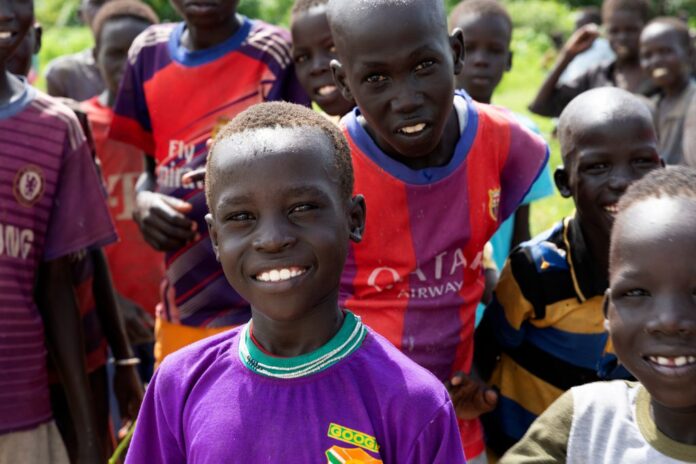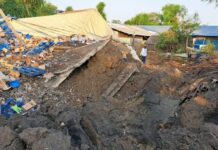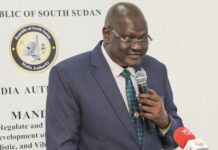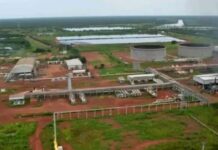Members of South Sudan’s National Children’s Council have called on parliamentarians to prioritize and increase budget allocations for children’s welfare, emphasizing that investing in children is essential for securing the nation’s future.
Speaking during the commemoration of the Day of the African Child in Juba, young leaders from the council met with members of the national parliament to raise pressing issues affecting children across the country.
The event was organized by the Ministry of Gender, Child and Social Welfare in partnership with child-focused organizations under the Joining Forces for Children coalition, including World Vision International, Save the Children South Sudan, and Plan International.
During the dialogue, Beyonce, Chairperson of the Children’s Council Committee on Protection, highlighted a range of challenges facing children in South Sudan, including lack of access to quality education, child labor, early and forced marriages, and high school drop-out rates.
She and her fellow council members urged lawmakers to design child-centered policies and ensure sufficient budgetary provisions are made to address these issues.
“We are the future of this nation. If the government does not invest in us now, our future will be at risk,” said Beyonce, speaking passionately to members of the national legislature.
The National Children’s Council, recently recognized by the government, provides a platform for amplifying the voices of children and ensuring they are heard and acknowledged at the highest levels of leadership.
The call for greater investment in children comes amid growing global consensus on the transformative power of education. Yasmine Sherif, Executive Director of Education Cannot Wait, emphasized the impact that even modest investments can have.
“With just a small investment in education for all of Africa’s children, we can transform the continent, open untapped markets, and deliver on the promises of the Pact for the Future and the 2030 Agenda for Sustainable Development,” she said.
There is strong evidence supporting this call. According to the World Bank, improving foundational learning could double the GDP per capita in sub-Saharan Africa by 2050. Furthermore, studies show that every US$1 invested in tripling pre-primary education enrollment in the region could yield up to US$33 in long-term returns.
As South Sudan continues its journey toward peace and sustainable development, children and their advocates are urging the government to see investment in education and child protection not as a cost, but as a critical foundation for national growth and stability.





